
Chinese Ambassador to the U.S. Qin Gang. (Photo provided to chinadaily.com.cn)
The Chinese ambassador to the U.S., in a video keynote speech to an energy forum, expressed that cooperation on the climate provides positive energy to a bilateral relationship facing challenges.
Ambassador Qin Gang made the remarks Wednesday during the opening session of the U.S.-China Dialogue Series: Forum on Innovation in Energy, the Environment and Sustainability.
The forum was hosted by the U.S.-Asia Institute (USAI) and Las Vegas Sands and also included an in-person gathering in Washington.
The goal of the forum was "to build understanding in the bilateral relationship with a particular focus on issues of commerce and trade", according to the USAI website.
It also aimed "to bring together federal, state and local government officials, business leaders, community groups, and thought leaders from both the United States and China to increase communication at the national, regional and local levels".
Qin said "there are plenty of challenges in the current China-U.S. relationship, which is not in the fundamental interests of the two peoples, while it is people's aspiration to create opportunities for a better relationship".
He mentioned the virtual summit between Chinese President Xi Jinping and U.S. President Joe Biden last November.
"China is ready to work with the U.S. to implement the spirit of the summit and inject more positive energy into our relations," said Qin. "Cooperation on climate just provides such positive energy. It also sets a great example for our two countries to overcome challenges and create opportunities."
The ambassador said that frequent extreme weather events in recent years "have highlighted the urgency of the climate crisis and turned it from a future challenge to an ongoing one".
Qin said that China is pursuing a path of green, low-carbon and sustainable development and has taken the initiative to intensify climate actions guided by the vision of a community of life for man and nature.
Qin said China has phased out 120 million kilowatts of outdated coal-fired power capacity in the last 10 years; launched construction of the first batch of wind and photovoltaic power stations with a total capacity of 100 million kilowatts in the last year; and it will strive to peak its CO2 emissions before 2030 and achieve carbon neutrality before 2060.
"As the largest developing country, China will make the world's biggest cut in carbon emission intensity and transition from carbon peaking to carbon neutrality in the shortest time in history," said Qin.
Qin also pointed out that China and the U.S. have more agreements than differences on climate issues, and both sides underscored the need to jointly lead ambitious global actions.
"Based on such understanding, the two sides signed the China-U.S. Joint Statement Addressing the Climate Change last April and issued the China-U.S. joint Glasgow Declaration on Enhancing Climate Action in the 2020s last November, outlining actions and tasks to jointly combat the climate crisis," he said.
"The whole world is expecting China and the U.S. to jointly lead global actions on climate change. Our two countries will try our best to fulfill the Paris Agreement's aim to hold the global average temperature increase to well below 2 degrees Celsius and to limit it to 1.5 degrees Celsius," Qin said.
"We will work with other parties to achieve ambitious, balanced and inclusive outcomes on mitigation, adaptation and support, reflecting the principle of common but differentiated responsibilities," the ambassador said.
"We will take concrete actions and strengthen cooperation in the development of carbon pollution-free electricity, phase-down of coal consumption, management and control of methane, and elimination of global illegal deforestation," he said. "We will establish a Working Group on Enhancing Climate Action in the 2020s, advance policy and technical exchanges and facilitate participation by local governments, enterprises, think tanks and academics."
Qin said that "there are so many areas where China and the U.S. should and must cooperate".
He pointed out that China and the U.S. are permanent members of the United Nations Security Council, "with special international responsibilities and obligations".
"Our two countries should bear in mind the overall interests of mankind, take up our responsibilities and put in our wisdom to take climate change as a signpost in China-U.S. cooperation, in line with the trend of the times and the wishes of people of the whole world, strengthen cooperation in various areas, and deliver greater benefits to people of both countries and the world," the ambassador said.








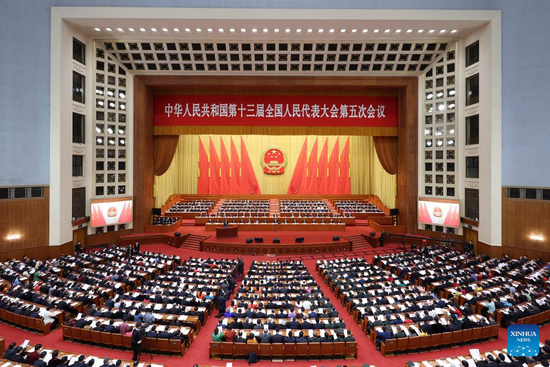
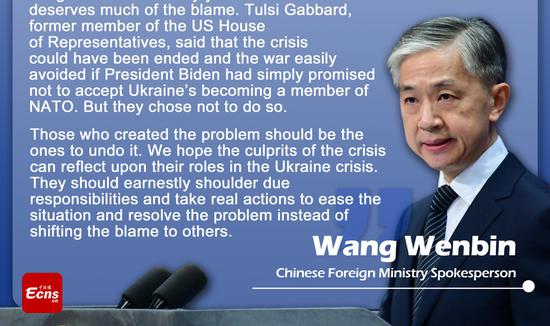

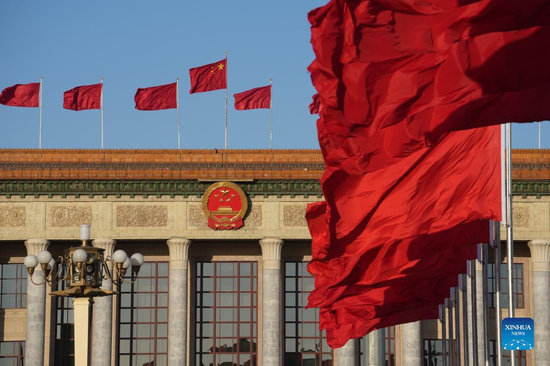
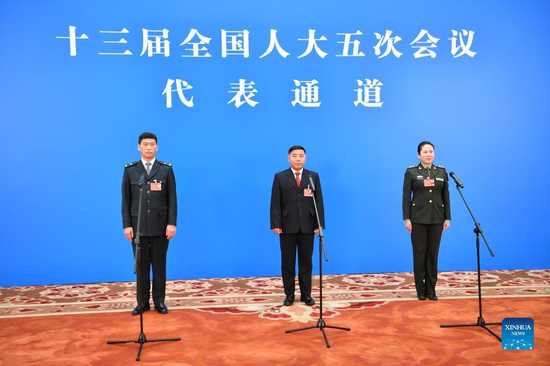

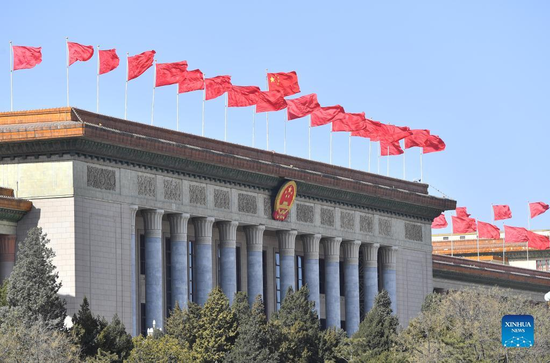




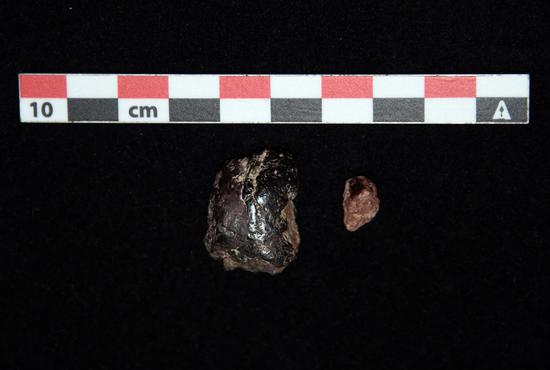




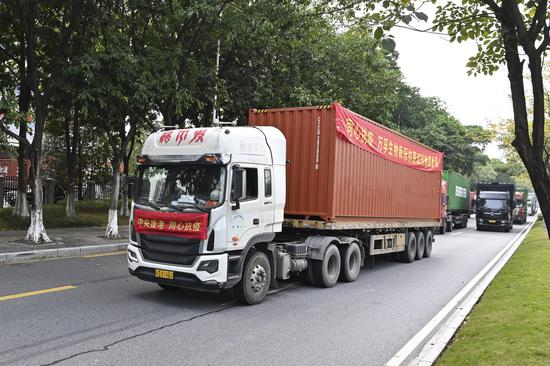
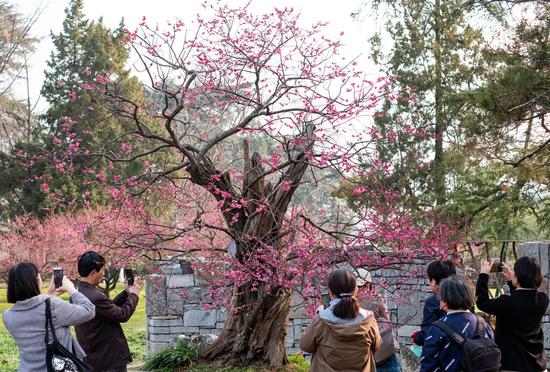


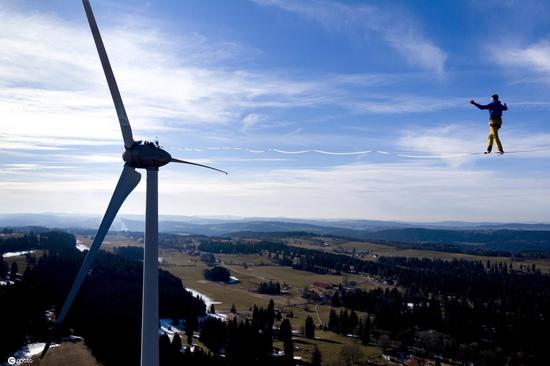
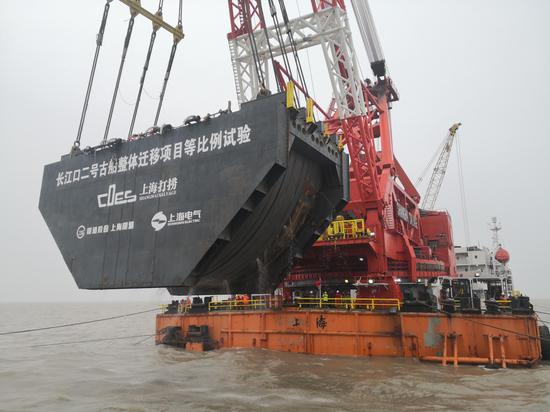
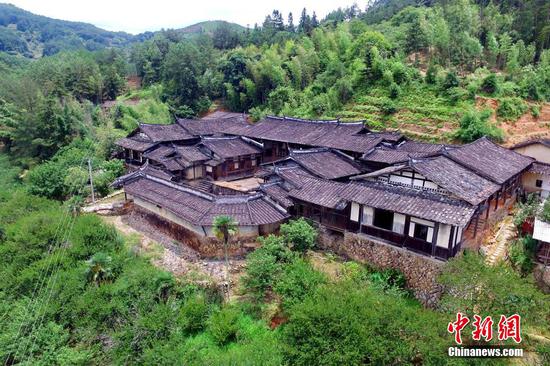




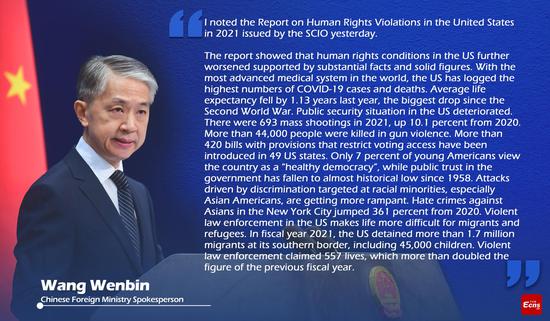


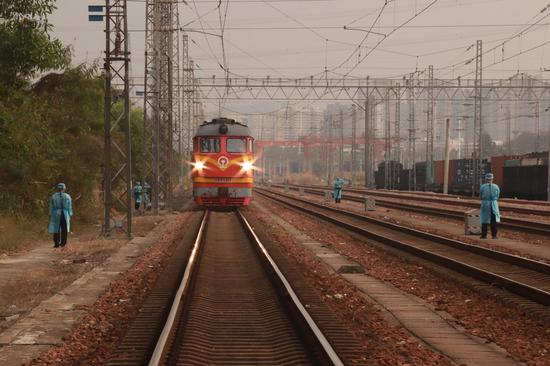
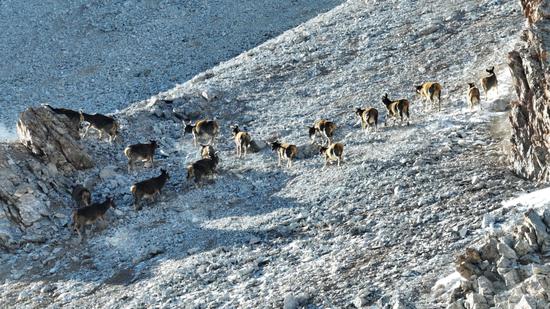




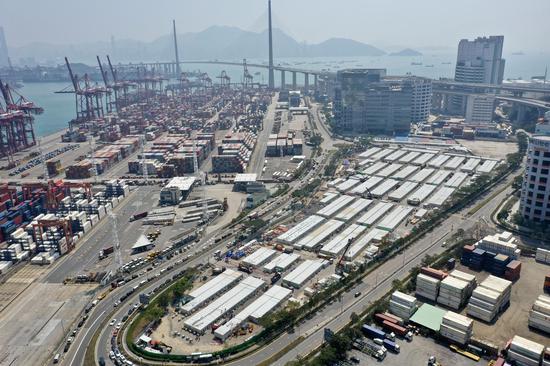





 京公网安备 11010202009201号
京公网安备 11010202009201号